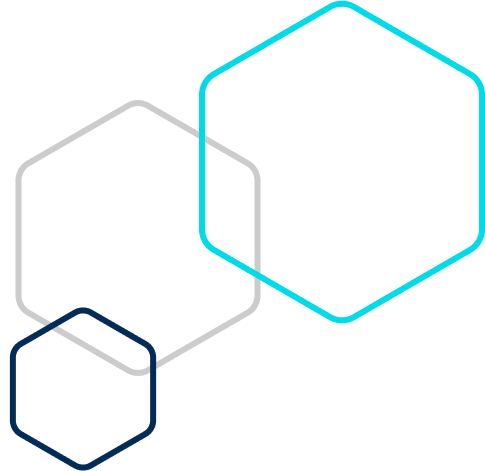Source:
OpenAIon
September 12, 2024
Curated on
October 8, 2024
OpenAI has launched o1-mini, a new AI model designed with cost-effectiveness and performance in mind, especially targeting applications in Science, Technology, Engineering, and Mathematics (STEM). Unlike its larger counterparts, o1-mini is optimized for reasoning tasks without requiring vast world knowledge. By being 80% cheaper than previous models, it is positioned as a viable alternative for developers and enterprises seeking efficient solutions. Analyzing its performance during standard evaluations, o1-mini has shown competitiveness, closely matching the accuracy of larger models like OpenAI o1 in mathematical competitions such as AIME and coding platforms like Codeforces.
During the experimental evaluations, o1-mini demonstrated near-parity with larger models while maintaining a significantly lower computational cost. The model achieves about 70% accuracy in the AIME mathematics competition, rivaling other high-capacity models, and scores relatively well on coding benchmarks like Codeforces. Such performance positions o1-mini among the top percentile of programmers and students, showcasing its noteworthy capabilities in STEM subjects. However, due to its focused design on reasoning, o1-mini lacks broader world knowledge, reflected in lower performance on non-STEM tasks like MMLU and GPQA.
The development of o1-mini also emphasized enhanced safety and alignment, demonstrating increased robustness against potential exploits. Its enhanced reliability is part of the same alignment and training processes used in previous OpenAI models. By providing this model to Tier 5 API users and various ChatGPT user groups, OpenAI aims to democratize access to high-performance reasoning tools. Future iterations are expected to expand the model's capabilities further, addressing its current limitations in non-STEM domains and other potential applications.




